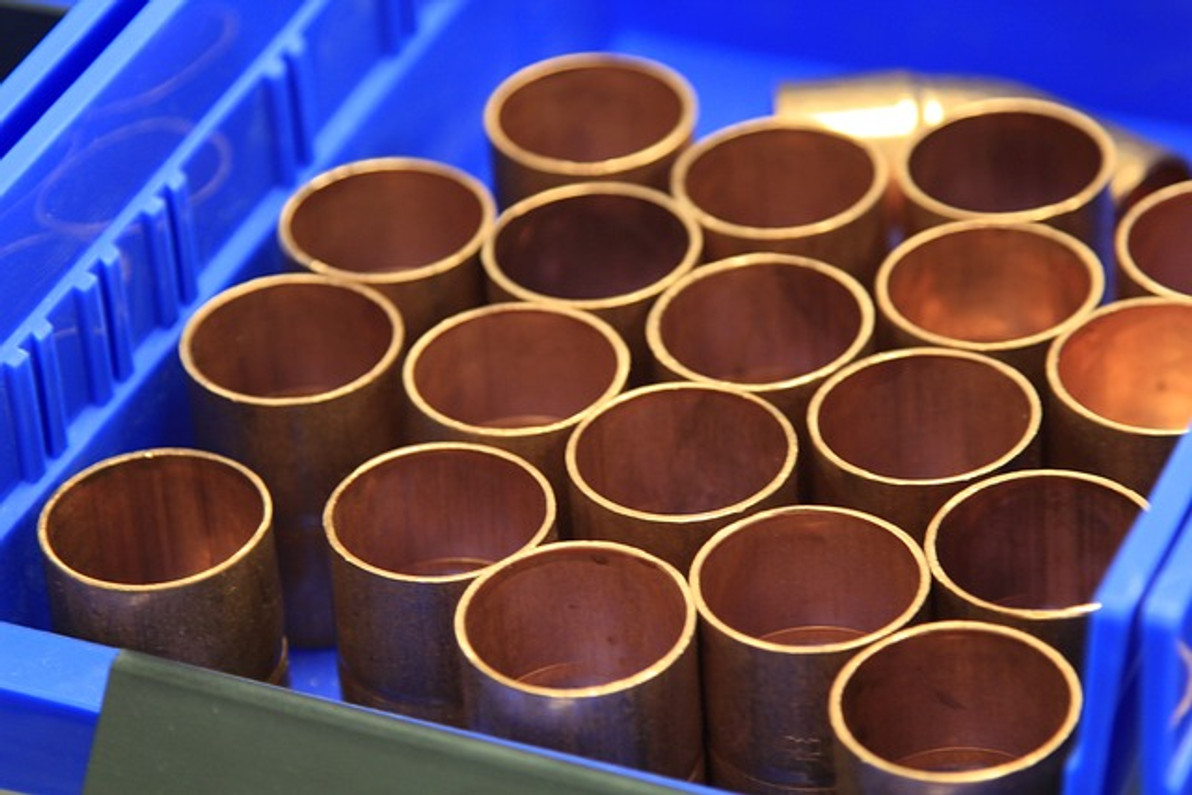The Versatility of Copper: 5 Characteristics That Make It a Popular Metal
Of all the different metals on Earth, copper is one of the most versatile. It's a soft metal that's easily distinguished from other metals by its color. Copper features a dark, lustrous gold-like copper, which is known simply as copper. Countless consumer products as well as commercial products are made of this metal. What makes copper such a versatile and popular metal exactly?
#1) Ductility
Copper is ductile. It won't easily break or otherwise sustain permanent damage under force. Thanks to its ductile properties, copper is malleable. You can bend and shape copper without breaking it. Other metals lack the ductility of copper. They are harder and less malleable, thus making them susceptible to breakage when being worked on.
#2) Electrically Conductive
You'll often find wires and cables made of copper. It's a highly conductive metal that's particularly useful in electrical applications. Electrical conductivity is a measurement of how easily electricity can flow through a material. There are other conductive metals, such as silver and gold. But copper offers an exceptional level of conductivity.
#3) Antimicrobial
It's a little-known fact that copper is antimicrobial. The U.S. Environmental Protection Agency (EPA), in fact, began recognizing copper as an antimicrobial metal back in 2008. This was the first metal given this label by the EPA. Antimicrobial, of course, means that copper can kill bacteria and other microorganisms. Upon landing on a copper surface, most microorganisms will die within a short period.
With its antimicrobial properties, copper is commonly used in medical facilities. Doctors' offices and hospitals, for instance, may feature copper surfaces. Other materials may have little or no effect on microorganisms, but copper can essentially kill them.
#4) Rustproof
Another characteristic of copper that makes it a popular metal is rustproof. Copper isn't just rust resistant; it's rustproof. Rust is iron oxide. And as an iron oxide, it involves the oxidation of iron. Copper isn't iron, nor does it contain any meaningful amount of iron. Therefore, copper can't rust. It may develop some corrosion when regularly exposed to water, but copper is naturally protected from rust.
#5) Thermally Conductive
In addition to being electrically conductive, copper is thermally conductive. Thermal conductivity is a measurement of how easily heat can pass through a material. Materials with high thermal conductivity allow heat to pass through them more easily than materials with low thermal conductivity. Copper falls under the former category. It's a thermally conductive material through which heat can easily pass.
Recent Posts
-
Fire Safety in the Workplace: What You Need to Know
What steps are you taking to prevent fires in your workplace? According to the U.S. Occupational Saf …Aug 23rd 2023 -
Is It Safe to Go Jogging With a Cold Infection?
If you're suffering from a cold infection, you might be wondering whether it's safe to go jogging. T …Aug 22nd 2023 -
5 Safety Tips to Follow When Using a Powder-Actuated Tool
Powder-actuated tools are commonly used to join materials to steel and concrete. Also known as Hilti …Aug 20th 2023




